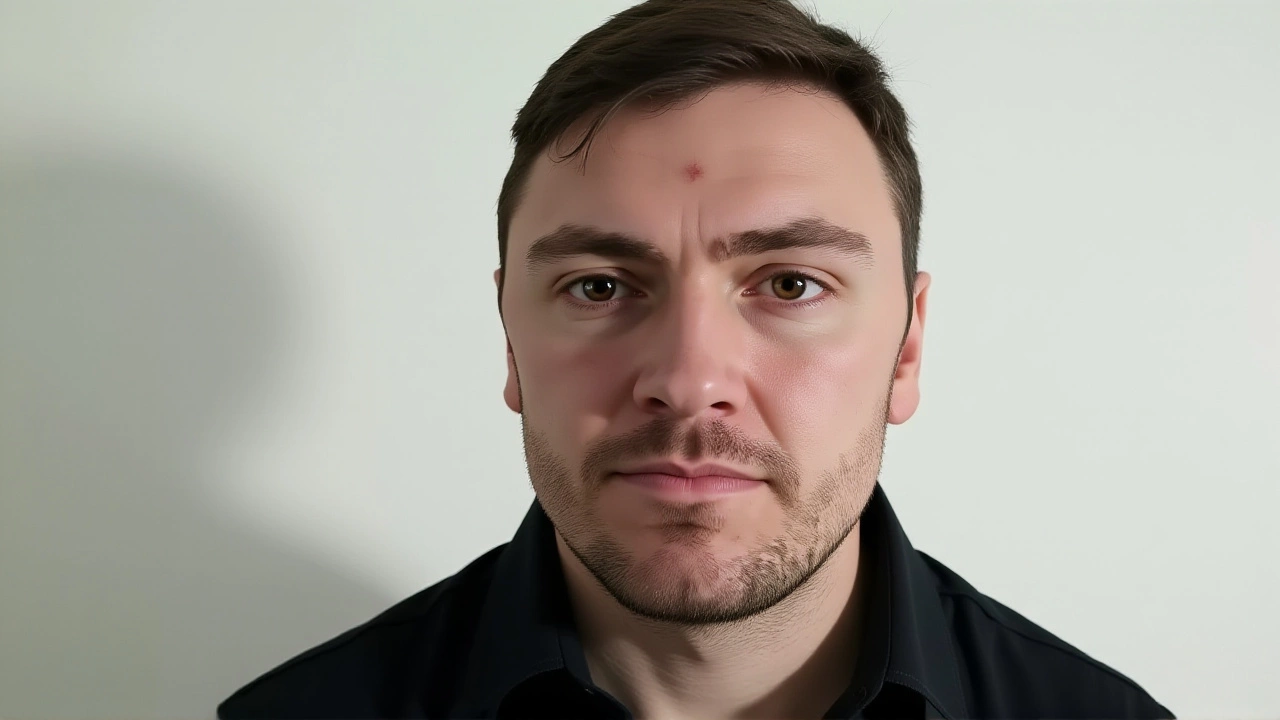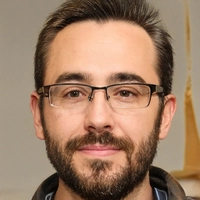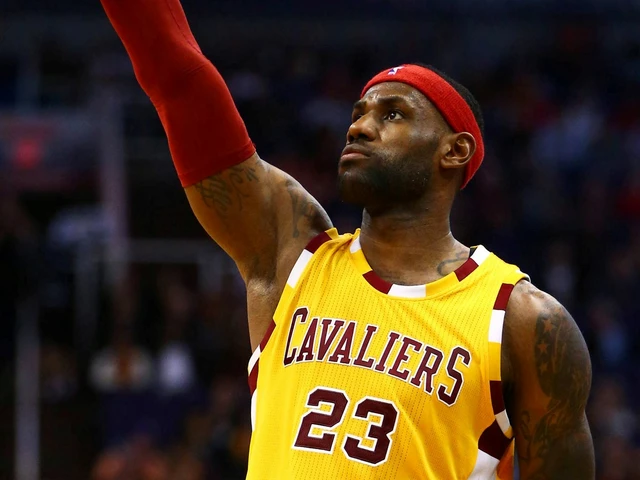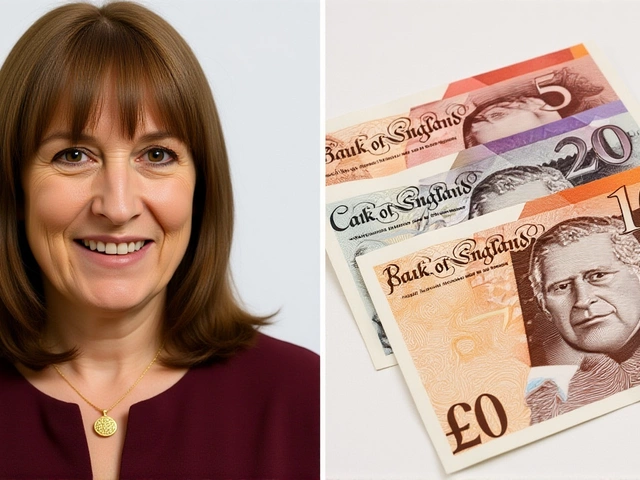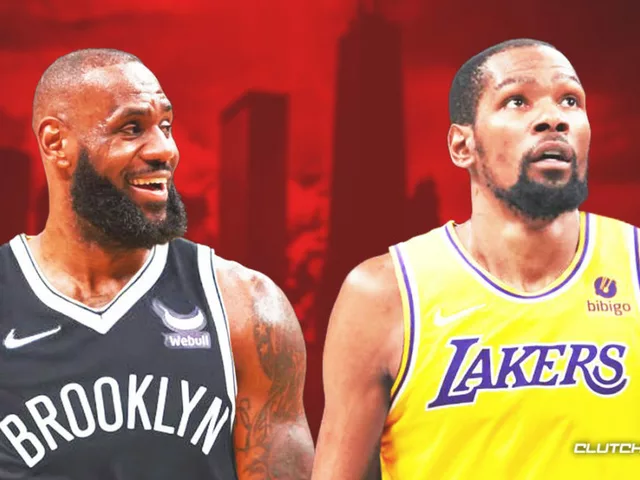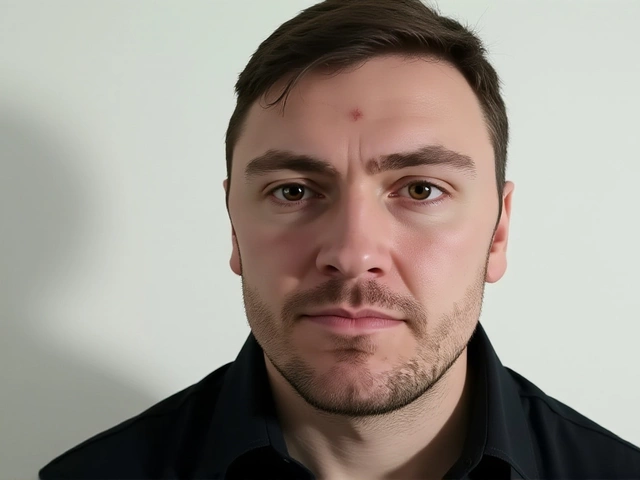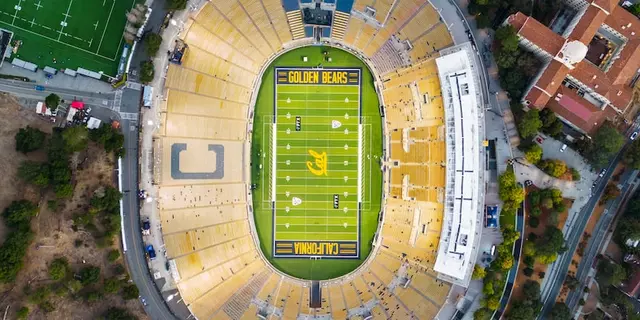On a humid Tuesday night in Kingston, Jamaica, with the crowd roaring and the scoreboard frozen at 1-1, a tiny Caribbean nation did the impossible. Curaçao—population 160,000—clinched a spot in the 2026 FIFA World CupMexico City by holding Jamaica to a draw on November 19, 2024. It wasn’t just a win. It was a seismic shift in global football. And the man guiding them? Dick Advocaat, 78 years old, his hair gray, his resume legendary, and now, on the verge of rewriting history as the oldest manager ever to lead a team at a World Cup.
The Unthinkable Has Happened
Curaçao, a Dutch Caribbean island just 65 kilometers off Venezuela’s coast, didn’t just qualify. They topped their CONCACAF group with 13 points from six matches: four wins, one draw, one loss. Their most critical victories came at home—beating Canada 2-1 on October 15, 2024, and Honduras 2-0 on October 10, both at the Ergilio Hato Stadium in Willemstad. But it was that 1-1 draw in Jamaica, sealed at 10:36 PM UTC on November 20, 2024, that sent shockwaves through football’s hierarchy. The Federatie Football van Curaçao (FFC), founded in 2011 and FIFA-affiliated since 2011, had never even reached the third round of World Cup qualifying before 2024. Now, they’re going to the biggest stage on earth."This is the most unbelievable thing I’ve ever seen," said one longtime CONCACAF official, speaking off-record. "We’ve had teams from Trinidad, Jamaica, Haiti make runs. But Curaçao? With their resources? Their player pool? It’s like a village team beating Manchester United in the FA Cup."
Advocaat: The 78-Year-Old Architect of the Impossible
Dick Advocaat doesn’t just manage teams—he redefines what’s possible. Born in The Hague in 1947, he’s been on the sidelines for 47 years. He’s led the Netherlands national team three times, Russia, Belgium, South Korea, and even Iraq. He’s won league titles in Scotland with Rangers and in England with Sunderland. But this? This is his magnum opus.When he steps onto the pitch at the Estadio Azteca on June 11, 2026, Advocaat will be 78 years, 8 months, and 15 days old. He’ll surpass Germany’s Otto Rehhagel—who led Greece at age 71 years, 317 days in 2010—by over six years. No one has managed at that age in World Cup history. Not even close.
"This achievement with Curaçao represents the pinnacle of my career against all statistical odds," Advocaat told ESPN on the night of qualification. "I’ve coached giants. But this? This is football at its purest."

A Ripple Effect Across the Caribbean
The impact didn’t stop with the final whistle. Within hours, CONCACAF announced a $5 million USD investment to upgrade football infrastructure across its Caribbean members, with Curaçao’s Ergilio Hato Stadium receiving priority funding. The goal? To meet FIFA’s 2026 World Cup standards by December 31, 2025. That means upgraded lighting, expanded seating, new drainage, and a new pitch—transforming a modest local venue into a global stage."Curaçao’s qualification validates our development programs," said CONCACAF General Secretary Philippe Moggio in a November 20, 2024 press release. "It proves that with the right structure, even the smallest nations can compete at the highest level."
And it’s not just about stadiums. FIFA’s "solidarity mechanism" will distribute $2.1 million USD to Curaçao’s domestic clubs between November 2025 and January 2026—0.25% of the $7.5 billion total World Cup prize pool. That money will fund youth academies, coaching licenses, and travel for local leagues. For a nation with only 160 registered professional players, this is transformative.
What This Means for Global Football
For decades, World Cup qualifying has felt like a closed club: Brazil, Germany, Argentina, Spain, France. The rest fight for scraps. But Curaçao’s rise—against Canada, Honduras, and Jamaica, all with larger populations and bigger budgets—shatters that myth. It’s a blueprint. A proof of concept. If a team with fewer players than some English Premier League clubs can qualify, what’s stopping others?It also highlights the growing strength of CONCACAF’s third-round format, which, for the first time, allowed smaller nations to face off in a condensed group stage rather than being eliminated in early qualifiers. Curaçao didn’t get lucky. They outplayed, outworked, and outlasted.
"This isn’t a fluke," said Dr. Elena Ruiz, a sports sociologist at the University of the West Indies. "It’s the result of decades of grassroots investment, local coaching development, and diaspora talent. Many of Curaçao’s players are raised in the Netherlands, but they choose to represent their ancestral home. That emotional connection? That’s the secret sauce."
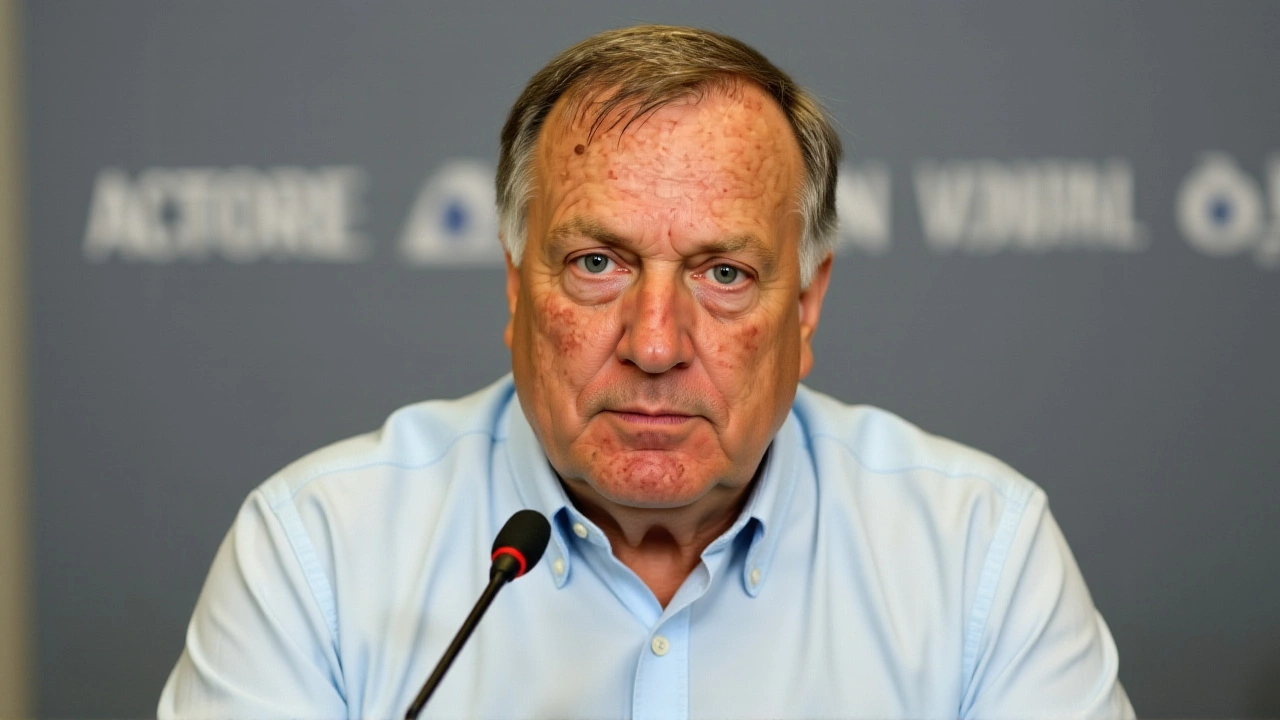
What’s Next?
Curaçao will be placed in one of the 2026 World Cup groups in June 2025, with matches scheduled across Canada, Mexico, and the United States. They’ll face giants—likely the U.S., England, or Brazil. They won’t be expected to win. But they’ve already won.Advocaat has said he’ll stay through the tournament. He’s not retiring. Not yet. "I’ve got one more game in me," he joked to reporters. "And it’s going to be the most important one of my life."
As for Curaçao? Their national anthem will echo in stadiums from Vancouver to New Jersey. Their flag will fly beside those of footballing titans. And for the first time since World War II, the smallest nation on earth will stand tall on the world’s biggest sporting stage.
Frequently Asked Questions
How did Curaçao qualify for the 2026 World Cup despite its small population?
Curaçao finished top of their CONCACAF third-round group with 13 points from six matches (4 wins, 1 draw, 1 loss), including crucial home victories over Canada and Honduras. Their qualification was sealed by a 1-1 draw against Jamaica on November 19, 2024. Despite having only 160,000 residents and 160 registered professionals, their disciplined defense, tactical discipline under Dick Advocaat, and strong home advantage at Ergilio Hato Stadium proved decisive.
Who is Dick Advocaat and why is his age significant?
Dick Advocaat, born September 27, 1947, is a Dutch football manager with 47 years of international experience, having led the Netherlands, Russia, Belgium, South Korea, and Iraq. At 78 years old during the 2026 World Cup, he will surpass Germany’s Otto Rehhagel (71 years, 317 days in 2010) to become the oldest manager in World Cup history—a gap of over six years. His longevity and adaptability have made him one of football’s most respected tacticians.
What financial benefits does Curaçao receive from qualifying?
Curaçao will receive $2.1 million USD from FIFA’s solidarity mechanism, distributed to domestic clubs between November 2025 and January 2026, calculated as 0.25% of FIFA’s $7.5 billion World Cup prize pool. Additionally, CONCACAF has pledged $5 million USD for Caribbean football development, with priority funding directed to upgrading Ergilio Hato Stadium to meet FIFA standards by December 31, 2025.
Is Curaçao the smallest nation ever to qualify for a World Cup?
Yes. With a population of approximately 160,000, Curaçao is the smallest nation by population to qualify for a World Cup since World War II. Previous smallest qualifiers include Iceland (334,000 in 2018) and Trinidad and Tobago (1.3 million in 2006). Curaçao’s 2011 founding as a separate football federation makes this achievement even more remarkable.
What infrastructure changes are happening in Curaçao because of this?
The Ergilio Hato Stadium in Willemstad is undergoing major renovations to meet FIFA’s 2026 World Cup standards, including upgraded lighting, drainage, seating expansion, and a new pitch. These upgrades, funded by a $5 million CONCACAF grant, must be completed by December 31, 2025. The project also includes new training facilities and youth academies to sustain long-term development beyond the tournament.
How does Curaçao’s success impact other small Caribbean nations?
Curaçao’s qualification has already triggered a wave of renewed investment across CONCACAF’s smaller members. Nations like Suriname, Guyana, and Saint Kitts and Nevis are now modeling their development programs on Curaçao’s success—focusing on diaspora talent, grassroots coaching, and tactical discipline over financial muscle. CONCACAF has signaled it will expand its funding formula to reward performance, not just population size, making future upsets more likely.
